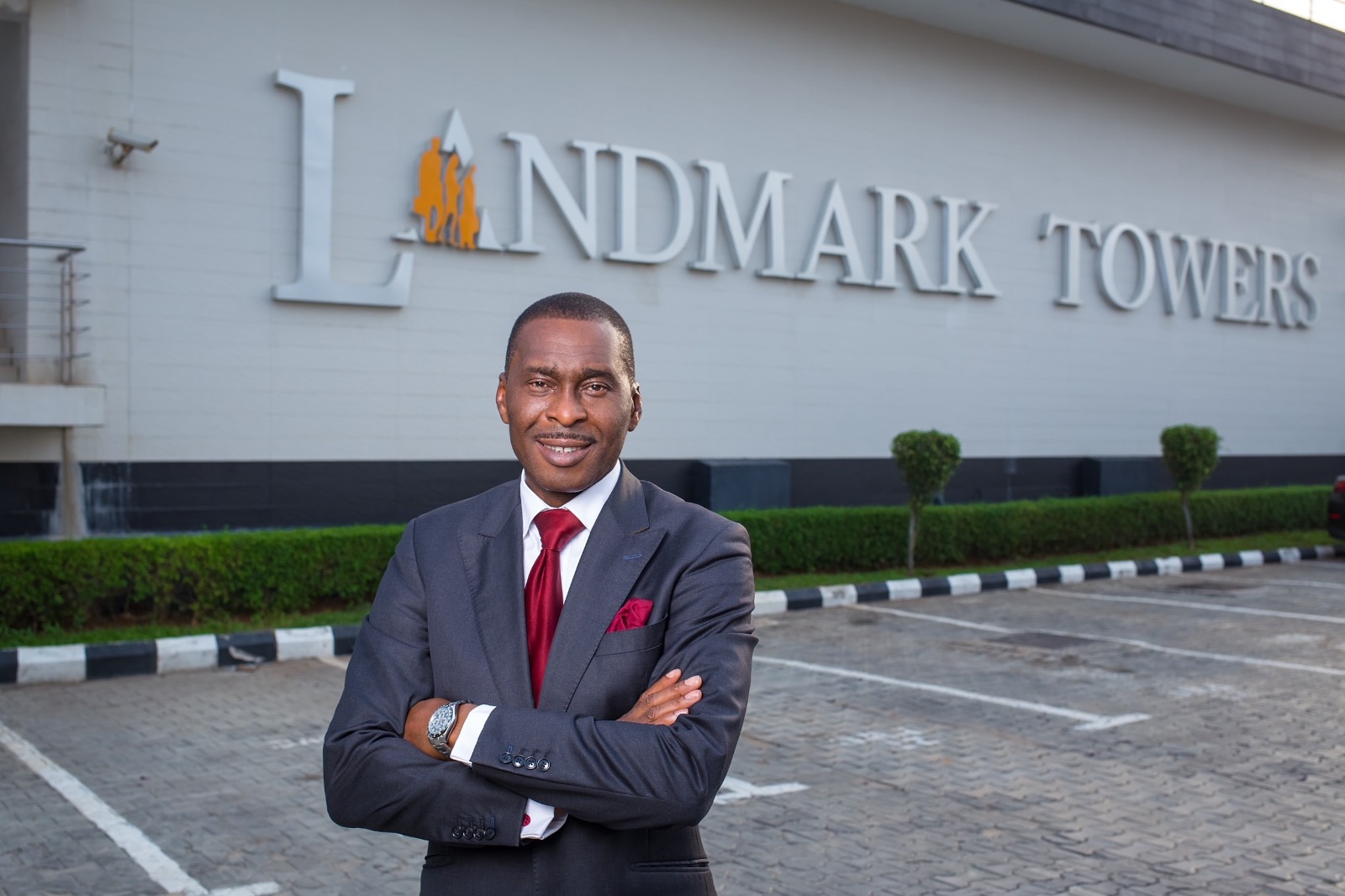Landmark Africa, the renowned company behind the Landmark Beach Resort in Lagos, has announced significant plans to relocate its Nigerian headquarters and expand its operations across Africa.
CEO and founder Paul Onwuanibe detailed the company’s ambitious strategy during a recent appearance on The KK Show – Key to Keys podcast, aired on Eden Oasis’ official YouTube channel. The move follows the unexpected demolition of the Landmark Beach Resort in April 2024, which inflicted substantial financial and reputational damage.
The demolition served as a wake-up call for the company, prompting it to reconsider its operational focus. Landmark Africa plans to extend its reach into two new African countries and establish a presence in three Nigerian states.
Onwuanibe also revealed that the company’s Nigerian headquarters would relocate from Lagos, accompanied by the relocation of its events and tourism platform outside the country.
“We’re going to have some diversification. We’re going to diversify to two other African countries. We’re going to go into three different states. We’re going to move our Nigeria HQ location out of Lagos,” Onwuanibe explained during the podcast.
The expansion plans have already garnered interest from governors in 12 Nigerian states, with three states selected after a rigorous six-month evaluation process. However, the names of the selected states and new African countries remain undisclosed.
READ ALSO: FCTA identifies smelting company as buyer of stolen manhole covers
The demolition of the Landmark Beach Resort has been described as both sudden and chaotic. Onwuanibe revealed that the company was issued a mere seven-day notice, with the demolition delayed by only a few months.
The lack of time prevented Landmark from salvaging valuable assets, including hotel furnishings and equipment, leading to catastrophic losses.
“We didn’t have time to remove fridges, TVs, mattresses, or even plates from the kitchen,” Onwuanibe recounted.
Initially estimated at $30 million, the financial loss has since been revised to between $60 million and $80 million.
Onwuanibe suggested that the ripple effects on surrounding investments could escalate losses to as much as $200 million to $300 million. Despite these setbacks, Landmark Africa has yet to receive compensation, unlike other affected properties.
Onwuanibe also questioned the rationale behind the changes to the Coastal Road’s planned route, which was initially designed to run in front of the resort. “It was meant to be in front of us, not behind,” he noted, emphasizing the lack of clarity surrounding the decision.
Landmark Africa has been a significant contributor to the Nigerian economy, paying over 10 billion naira in taxes last year alone. The company was also the only private business listed on the government’s tourism website, underscoring its critical role in the sector.
“This wasn’t just a business; it was a hub for the local economy,” Onwuanibe stated, highlighting the resort’s role in attracting tourists and generating employment.
Economic analysts view Landmark’s strategic shift as a prudent move to mitigate the risks associated with concentrated investments.
“Geographical diversification will not only safeguard Landmark Africa’s interests but also open new opportunities in untapped markets,” said Dr. Chioma Akande, an economist specializing in African business strategies.
Urban development expert Dr. Sola Adeyemi added, “The demolition raises broader questions about urban planning and the treatment of private investments in Nigeria. Landmark Africa’s experience could serve as a case study for future policy reforms.”

 News7 days ago
News7 days ago
 Agribusiness6 days ago
Agribusiness6 days ago
 News6 days ago
News6 days ago
 Education1 week ago
Education1 week ago
 Latest1 week ago
Latest1 week ago
 Football1 week ago
Football1 week ago
 Health1 week ago
Health1 week ago
 Football6 days ago
Football6 days ago

